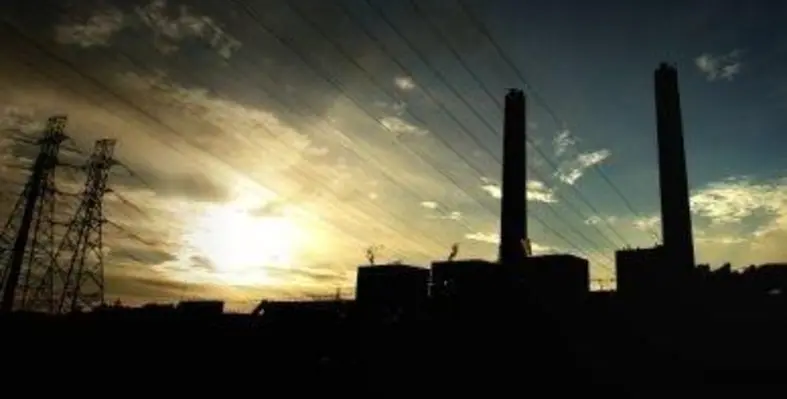As South Sudan gets on its feet, it has to grapple with rising power challenges prompted by rising population and industrialisation
In the short term, the country needs between 150MW-200MW of electricity to meet both industrial and household demands, but long-term development will be expensive and slow, according to the government officials.
“Without power, we cannot jumpstart our economy. We are looking at the availability of power as a catalyst to attract investment in South Sudan,” said minister for electricity and dam, David Deng Athorbei, in a recent supplement on investment run by regional media in South Sudan.
For instance, it is estimated that building of the national grid across the country will cost more than US$500mn. Juba, the capital of Sudan, alone needs 40MW, but is currently receiving only 6MW mainly due to capacity constraints and lack of fuel to run the existing thermal facilities.
To meet power deficits in the short run, the infant nation plans to build a 40MW power plant at Fula near Nimule on the border with Uganda.
Estimated to be completed in three years, the Fula project will supply Juba with its power needs in the short run.
“We are discussing with the Norwegian Government through the Norwegian Investment Fund for Developing Countries (Norfund), which will support the project in the tune of 75 per cent with the Republic of South Sudan contributing the rest,” observed Mr. Deng.
But as investors gather pace and head to Juba, Rumbek, Yei, Bor and other towns seeking opportunities, the South Sudan government must move quickly to seek solutions for power shortages.
According to Deng, negotiations are at an advanced stage to import between 40MW and 100MW from neighbouring Ethiopia whose 1,870 Gibe III hydropower plant is set for commissioning in June 2013.
South Sudan is already mobilising for financing for a transmission line from western Ethiopia to the mineral-rich regions of Eastern Equatorial, Jonglei and Upper Nile states.
With more than 6bn barrels of oil, most of it in South Sudan, and 3 trillion cubic feet of natural gas, the region has become a magnet of investors from across the world.
Currently, it is estimated that less than 50 per cent of the suspected oil reserves in South Sudan are exploited. There are also other vital minerals such as gold, iron, copper, zinc, limestone and marble.
From banking, manufacturing, road construction, education and other sectors, investors have been flocking to South Sudan since its peace deal with the North was signed in 2005 and the attainment of Independence in July 2011.
In the last four months, the government has received delegations of prospective investors from Japan, the Netherlands, South Africa and India trooping to Juba seeking opportunities.
India has already shown interest in agriculture, power, health and information technology.
“Whenever and wherever you look, you will find a need for development. Everything is missing—food water and housing. The entire government is now focused on opening up the country to investment,” observed Simon Nyang Anei, undersecretary in the Ministry of Commerce, Industry and Investment.
This has exacerbated the power demand situation calling for the country to seek solutions in the short run even as long term plans are laid out.
South Sudan is also exploring possibilities of participating in power project with neighbouring countries—notably Uganda and Ethiopia. The 660MW Karuma hydropower project in Uganda’s northern region has been earmarked for support.
“We plan to support Karuma so that when we can get our own power it can go to the power pool,” noted Deng.
These arrangements are part of the long term plans to participate in the Central African Power Pool where it can sell some of the electricity once development is complete.
Another short run project is the 200MW Heavy Fuel Oil Thermal plant planned in the Unity State. Development is expected to be complete in the next two to three years.
“We are trying to switch to Heavy Fuel Oil and we are talking to suppliers. If we get the money, we shall replace the current diesel plants,” said the Minister.
Another plan in the pipeline is the 540MW Beden hydropower station, 35 km from Juba. The station is to be developed for export purposes and will be the country’s entry point to the Central Africa Power Pool.
Studies are also ongoing to establish the feasibility of solar systems to fit in the national grid in the medium term. In power development, just as many other sectors of the local economy, the country has been seeking funding from China.
Lately, the Chinese have become an important development partner across the continent investing in construction, mining and infrastructure development.
Officials note that as power becomes available, the manufacturing industry will follow, social infrastructure will also attract private investors while the return to peace will unlock the dormant tourism sector.
Mwangi Mumero












